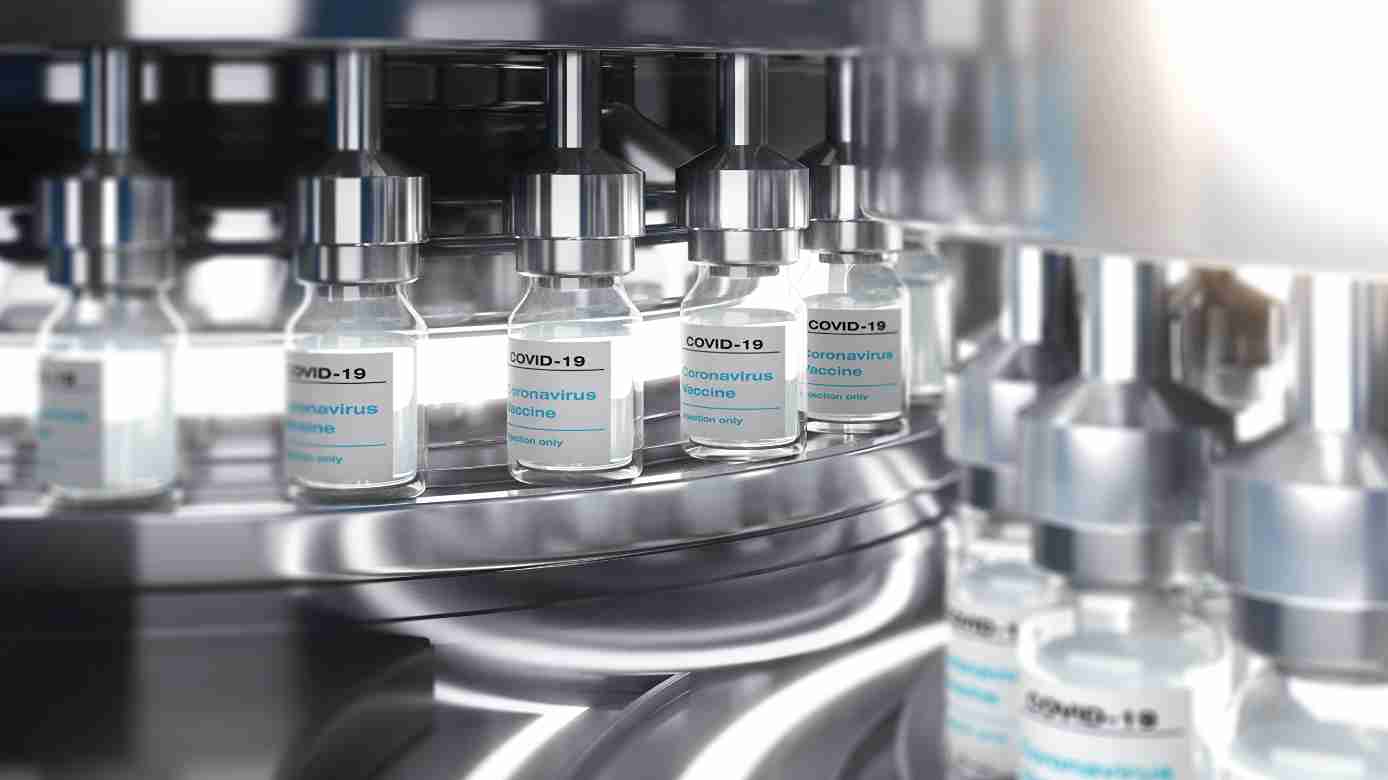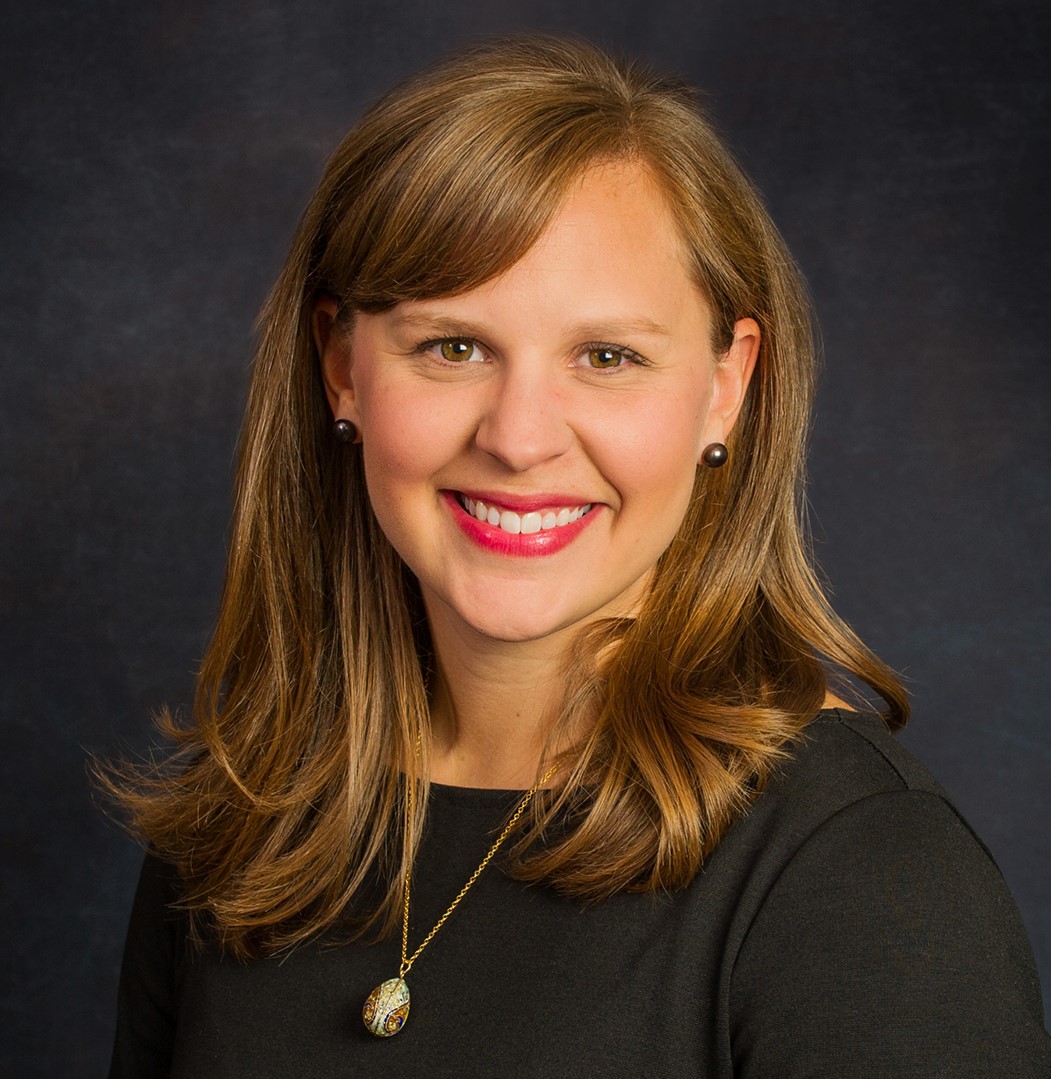Through the constant efforts of U.S. innovators and their global partners, COVID-19 treatments have continued to be distributed to patients around the world — changing the pandemic’s treatment landscape and the trajectory of the virus’ impact. This is in no small part due to the more than 140 collaborations for COVID-19 treatments that have been signed since the start of the pandemic, as reported to PhRMA by global data provider Airfinity.
Many collaboration agreements occur through the Medicines Patent Pool (MPP), a United Nations-backed organization that promotes medicine access through voluntary licensing and patent pooling. This showcases how intellectual property (IP) not only incentivizes investment in innovation, but also facilitates collaboration to increase distribution of treatments to patients in low- and middle-income countries throughout the world. These agreements have succeeded, and progress is accelerating. For example:
- Pfizer entered into a voluntary license (VL) agreement with the Medicines Patent Pool (MPP) to share IP related to PAXLOVID® to enable 38 generic manufacturers to manufacture and supply generic versions to 95 low- and middle-income countries, covering up to approximately 53% of the world’s population. The company also signed an agreement to supply up to six million treatment courses to Global Fund, making it available to 132 low-and-middle-income countries beginning in 2022. Pfizer is also working with WHO, UNICEF, Accord for a Healthier World and COVID GAP to improve access to PAXLOVID for vulnerable populations globally.
- Merck granted VLs to generic manufacturers and agreed, through the MPP, to make generic doses of an antiviral COVID-19 medicine available in over 100 low- and middle-income countries following regulatory approval or emergency authorization. Merck also signed an agreement with UNICEF to allocate up to 3 million courses of the anti-viral to low and middle-income countries through the first half of 2022.
- Gilead signed VLs with foreign manufacturers to expand access to remdesivir, an antiviral medication to treat COVID-19, in 127 countries, most of which are low-income or lower-middle-income and have populations with limited access to health care. Since the beginning of the pandemic, the treatment has been made available to more than 11 million patients globally, including 7.2 million in low and lower-middle income countries through Gilead’s VL program.
These examples underscore the benefits of a strong IP system at work. When innovators are able to protect their intellectual property, they are incentivized to invest in the often risky and resource-intensive process of developing new innovations. And they have clear processes — like patent licensing — to facilitate collaboration and increase access.
Following the World Trade Organization’s harmful and unnecessary decision to waive commitments to honor certain IP protections required by the Agreement on Trade-Related Aspects of IP Rights (TRIPS) on COVID-19 vaccines, some governments and IP opponents are pushing to expand the waiver to diagnostics and therapeutics. Any expansion of the TRIPS waiver would damage the global innovation ecosystem, stifle American innovation and undermine the more than 140 partnerships expanding access to COVID-19 treatments today.



